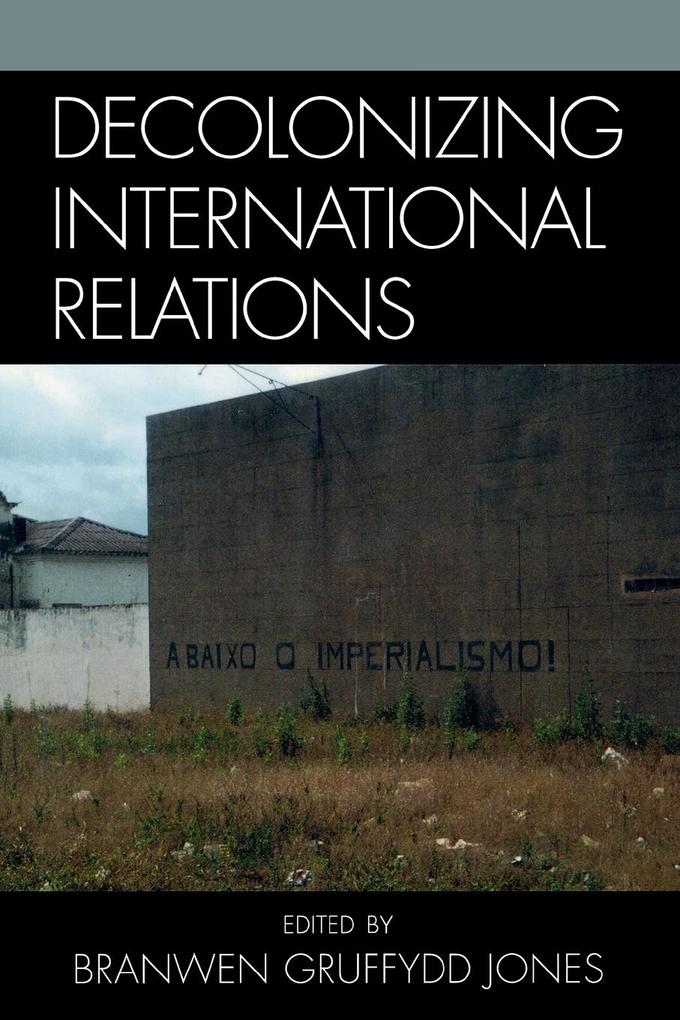The modern discipline of International Relations (IR) is largely an Anglo-American social science. It has been concerned mainly with the powerful states and actors in the global political economy and dominated by North American and European scholars. However, this focus can be seen as Eurocentrism. Decolonizing International Relations exposes the ways in which IR has consistently ignored questions of colonialism, imperialism, race, slavery, and dispossession in the non-European world. The first part of the book addresses the form and historical origins of Eurocentrism in IR. The second part examines the colonial and racialized constitution of international relations, which tends to be ignored by the discipline. The third part begins the task of retrieval and reconstruction, providing non-Eurocentric accounts of selected themes central to international relations. Critical scholars in IR and international law, concerned with the need to decolonize knowledge, have authored the chapters of this important volume. It will appeal to students and scholars of international relations, international law, and political economy, as well as those with a special interest in the politics of knowledge, postcolonial critique, international and regional historiography, and comparative politics.
Contributions by: Antony Anghie, Alison J. Ayers, B. S. Chimni, James Thuo Gathii, Siba N'Zatioula Grovogui, Branwen Gruffydd Jones, Sandra Halperin, Sankaran Krishna, Mustapha Kamal Pasha, and Julian Saurin
Inhaltsverzeichnis
Introduction: International Relations, Eurocentrism, and Imperialism
Part I: Eurocentric Origins and Limits
Chapter 1: International Relations as the Imperial Illusion; or, the Need to Decolonize IR
Chapter 2: International Relations Theory and the Hegemony of Western Conceptions of Modernity
Chapter 3: Liberalism, Islam, and International Relations
Part II: The Colonial and Racial Constitution of the International
Chapter 4: Race, Amnesia, and the Education of International Relations
Chapter 5: Decolonizing the Concept of "Good Governance"
Chapter 6: Dispossession through International Law: Iraq in Historical and Comparative Context
Part III: Toward Decolonized Knowledge of the World and the International
Chapter 7: Beyond the Imperial Narrative: African Political Historiography Revisited
Chapter 8: Mind, Body, and Gut! Elements of a Postcolonial Human Rights Discourse
Chapter 9: Retrieving "Other" Visions of the Future: Sri Aurobindo and the Idea of Human Unity
Conclusion: Decolonizing IR: Imperatives, Possibilities, and Limitations










